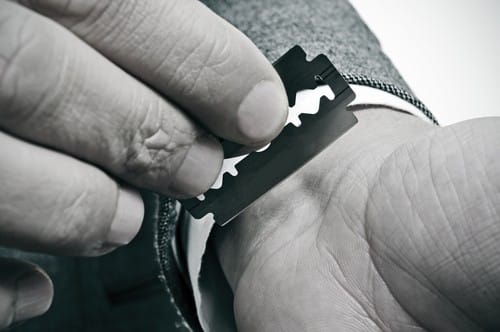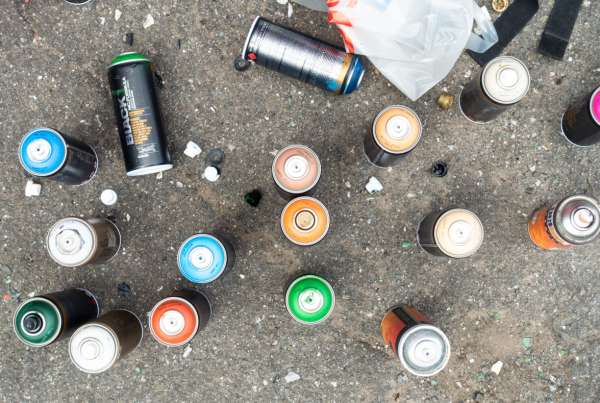As I live-tweeted Intervention last night and watched the undoing of a young lady who’d experienced excessive trauma and abandonment, resulting in drug abuse, prostitution and suicidal ideation, it got me thinking. A lot. When someone is struggling with what seems like untenable, almost Sisyphean circumstances, how do you break the barrier so they can get help? My experience with sobriety and recovery from my own trauma has shown me the mind’s utterly powerful ability to protect itself. We build walls, compartmentalize, push people away by means of anger and aggression, we isolate, act like we can “handle it,” et cetera, yet when we’re alone, we tend to crumble: we get high, we cut, we starve ourselves, we overeat, we act out sexually. It never makes the pain go away.
 Image via Wikipedia
Image via WikipediaGetting sober is the the doorway into healing and positive change. It’s an opportunity to look inward and make space for restoration to occur. As I watched this young lady on Intervention come undone, I watched her family react in anger and panic. This young mother reminded me of a scared, trapped animal backed into a corner. While I’m not a therapist, or even an interventionist for that matter, I am someone with over 17 years of recovery and some significant experience in dealing with trauma. Watching that show last night reminded me how much significance there is to bringing heart into what we do in sobriety as we approach the wounded. The inherent value of heart is immeasurable.
So many of us come into the rooms of recovery with those old, mental tapes playing “It’s all your fault” on a vicious loop. One of the the toughest things I’ve had to do is learn to re-record this tape. It’s possible, it just takes a lot of time and willingness to be uncomfortable. As the Buddhists say, everything is impermanent. Yes, even that lousy feeling in the pit of your stomach or the craving for drugs and alcohol. It passes. If we’re willing to allow it.








